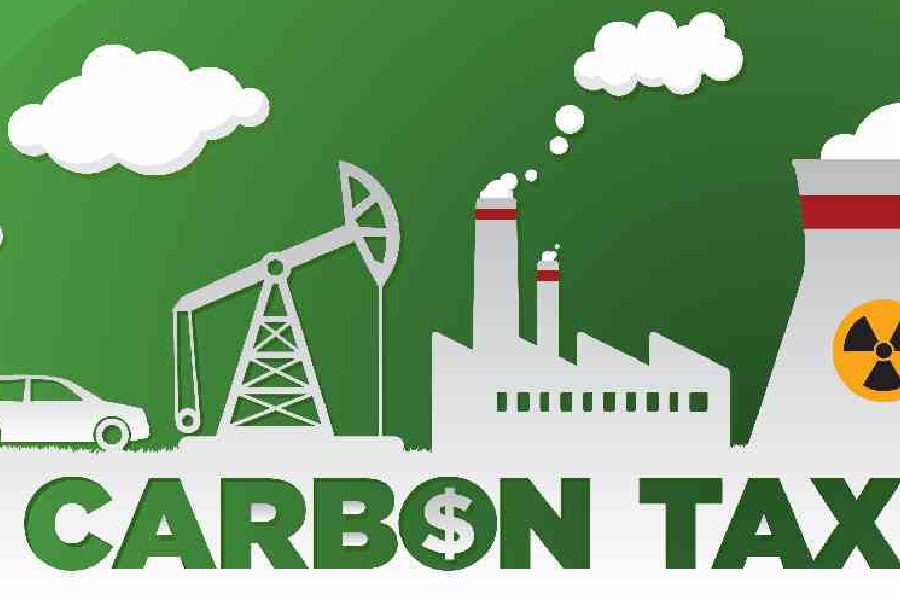India is working to develop standards to measure the carbon embedded in products to counter the Carbon Border Adjustment Mechanism or carbon tax which is seen as a protectionist move by the European Union.
The carbon tax is feared to impact $8 billion of Indian exports, especially in the steel and aluminium sector.
The tax is expected to figure during the FTA talks between the Indian and EU trade negotiators next week.
India is concerned the carbon levy could result in a 20-35 per cent additional tax on select Indian goods.
The standards, being developed by the Bureau of Energy Efficiency (BEE) under the power ministry, are seen as necessary to mitigate the impact of carbon taxes on a wide range of steel and aluminium products.
The standards are also needed for a key defensive purpose — CBAM has provisions to extend the tax even to low levels of embedded emissions in a bid to prevent exporters from finding loopholes.
The measures have been discussed by an inter-ministerial group of a number of ministries including steel, power, environment and commerce.
“India’s aluminium exports to the European Union (EU) are set to become unviable once the 27-nation bloc implements the cross-border adjustment mechanism to help reduce its carbon emissions and eventually attain net-zero carbon emissions by 2050,” Crisil said in a report.











